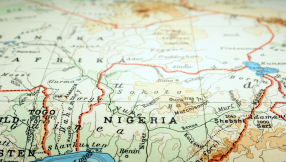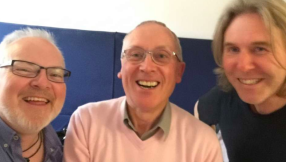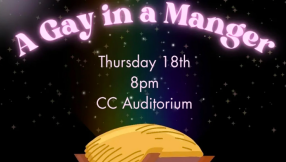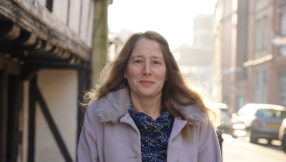Bishop of Jerusalem Speaks on Crisis in West Bank and Gaza
|PIC1|Bishop Riah painted a bleak picture of the daily humiliation, fear and hopelessness faced by many Palestinians, both Christian and Muslim, in the occupied West Bank and Gaza.
He criticised world leaders for "just standing afar" as the situation continues to deteriorate.
Save the Children recently warned that the freeze on aid and tax revenues, as well as the detention of PA ministers, were prompting a public health disaster and leading to a collapse in basic health and sanitation services, while the education system remains in chaos.
Bishop Riah also told of the regular killings by Israeli troops beyond the call of military duty and which include the meditated killing of children. Meanwhile, around 500,000 people remain displaced from their homes and land as a result of the Israeli occupation and separation barrier.
At the conference held under the motto of 'Causes and Hopes for a Peaceful Settlement in the Middle East', Bishop Riah accused Western leaders of serving "a political agenda to keep control of and take wealth from the people in the Middle East".
And while he acknowledged the suffering of Darfurians in Sudan, he also asked why the UN had focused so much on the beleaguered African country while no peace force had yet been sent to the West Bank and Gaza to protect Palestinians from Israeli forces.
Bishop Riah also criticised the Road Map and said that the two-state solution was the "only way forward".
There was the need for a bridge, not a separation wall, he said, calling for the separation barrier to be knocked down.
"There can be no lasting peace in Palestine without justice for the Palestinians," he said as he demanded an independent Palestinian state "on our own soil, side by side with Israel according to UN resolutions".
"This is not the era of building barriers; this is the era of building bridges," he said.
Bishop Riah added that when peace came to Jerusalem then peace would come to the whole world. "The shortest route to peace in the world goes through Jerusalem," he told conference delegates, repeating the words of advice he gave to Prime Minister Tony Blair against an invasion of Iraq.
Other speakers at the event included the leader of the Muslim Parliament of Great Britain, Dr Ghayasuddin Siddiqui, and Palestinian writer and journalist, Alham Akram, who is also a member of The Arab Jewish Forum, the Joint Action for Israeli-Palestinian Peace and the Ministry for Peace UK.
Akram said that any lasting solution to the conflict needed the support of the international community and called for an international conference to formulate a "new way to look forward together".
The conference in London was held by the Muslim Parliament of Great Britain and was organised in association with the Palestinian Solidarity Campaign and the Universal Peace Federation.













